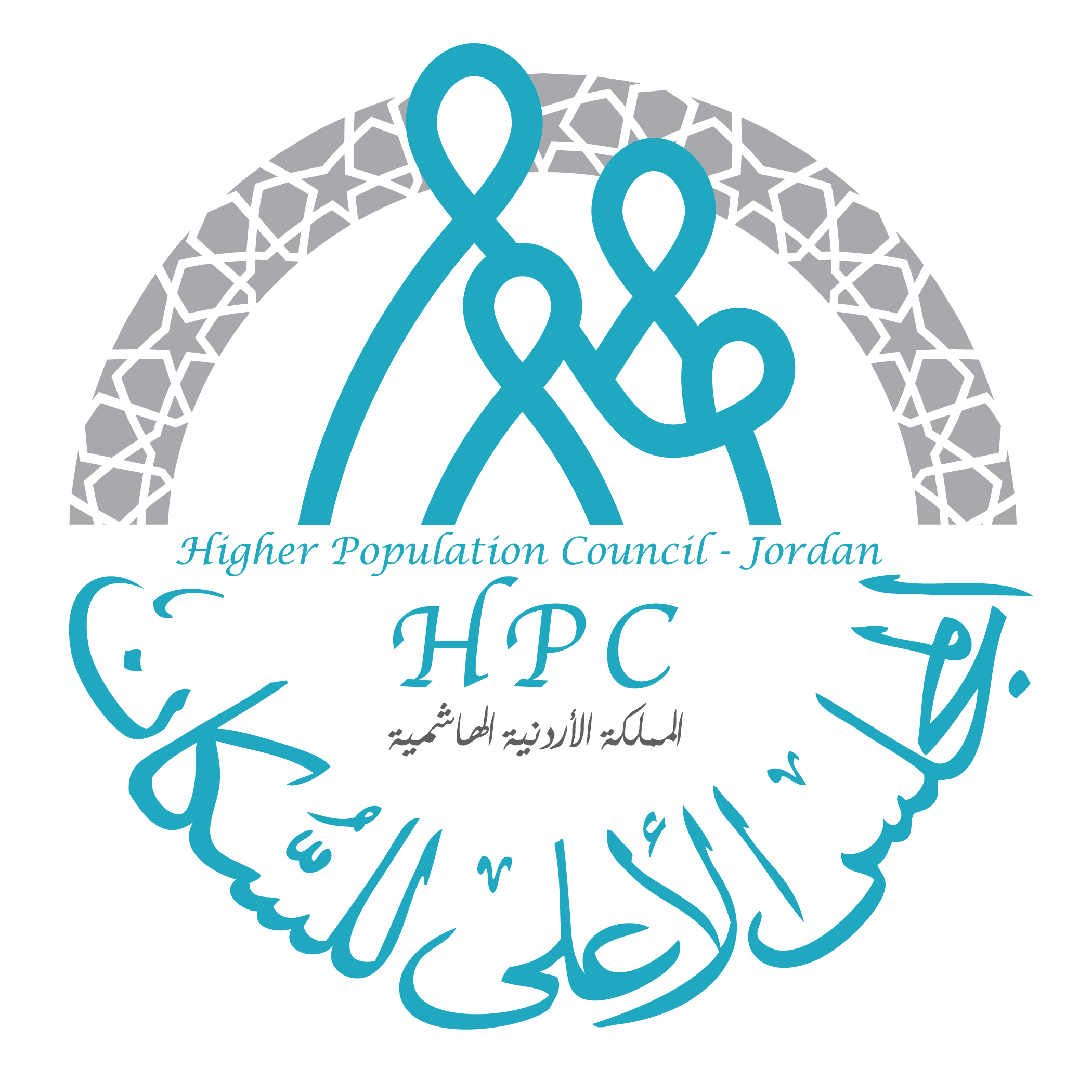

The Executive Program of the Economic Modernization Vision has mandated the Ministry of Local Administration to: (1) amend the land use regulation system, (2) complete the update of the land use map, and (3) review and amend the Cities and Villages Organization Law and its derived regulations. It is hoped that amending these legislations will contribute to: (a) protecting cultivated and agricultural lands in the western and northern areas of the Kingdom, (b) enhancing the familial rural economy, (c) empowering rural women, (d) reducing the exacerbation of traffic congestion resulting from uneven population distribution, (e) halting the licensing of urbanization and urban spillover on cultivated, agricultural, and forested lands, and (f) protecting the environment and biodiversity.
Recognizing the agricultural sector as a cornerstone for enhancing economic stability, social cohesion, and food security, Jordan has placed significant emphasis on this sector, including its support for rural women. This commitment has been demonstrated through the implementation of numerous initiatives under the Executive Program of the Economic Modernization Vision. Key accomplishments include: the adoption of the Higher Council for Food Security System for the year 2023 and the establishment of the Food Security Council; the creation and support of agricultural projects contributing to rural development, poverty reduction, and unemployment alleviation; the organization of rural exhibitions and markets; and efforts to economically empower women to enhance food security for vulnerable, low-income, or daily-wage dependent households. Additionally, the National Seed Bank was established to preserve plant genetic diversity, cultivated areas for strategic crops were expanded, the Agricultural Risk Mitigation Fund Law was enacted in 2025, the Cooperatives Law was issued in 2025 to strengthen the Jordanian cooperative sector, and climate change adaptation capacities were enhanced by improving water use efficiency in agriculture and promoting the adoption of modern agricultural technologies[1].
Despite these achievements, the rural economy in Jordan faces demographic challenges, including population and urban spillover on cultivated and agricultural lands due to the continued licensing of construction on farmland, as well as an uneven geographical distribution of the population. Approximately 8% of the country's population resides in the southern governorates, which constitute half of Jordan's area (51.2%) and contain most of the national natural and economic resources. In contrast, 92% of the population is concentrated in the remaining 48.8% of the country. This imbalance places significant administrative and economic burdens, such as a dramatic increase in residential land prices, environmental damage caused by urban sprawl onto fertile agricultural land, harm to recreational areas, and the inability of relevant institutions to provide sanitation services to newly developed urban areas.
Jordan joins the world in celebrating the International Day of Rural Women and World Foods Day. The United Nations General Assembly designated October 15th as the International Day of Rural Women in recognition of their significant role and crucial contribution to promoting agricultural and rural development, improving food security, and eradicating poverty in rural areas.
World Foods Day is celebrated on October 16th of each year. This day was established by the Food and Agriculture Organization (FAO) of the United Nations and is widely observed by many other organizations concerned with food security, emphasizing the importance of achieving food security and eliminating global hunger. It represents a global call to build a peaceful, sustainable, and food-secure future through food and agricultural systems that ensure everyone has access to healthy food.
The two occasions are closely interconnected, as rural women form the backbone of agricultural and food production in rural communities. Therefore, empowering them requires protecting agricultural land from both authorized and unauthorized urbanization. This is one of the key approaches to reducing rural poverty, achieving food security, and promoting sustainable development. In Jordan, we have inspiring examples of rural women who have achieved remarkable successes in food production to meet their families' needs and market their products. Known for their accomplishments in developing rural agricultural products and processing and preserving food in our countryside, they have become role models for women's empowerment in rural areas.







